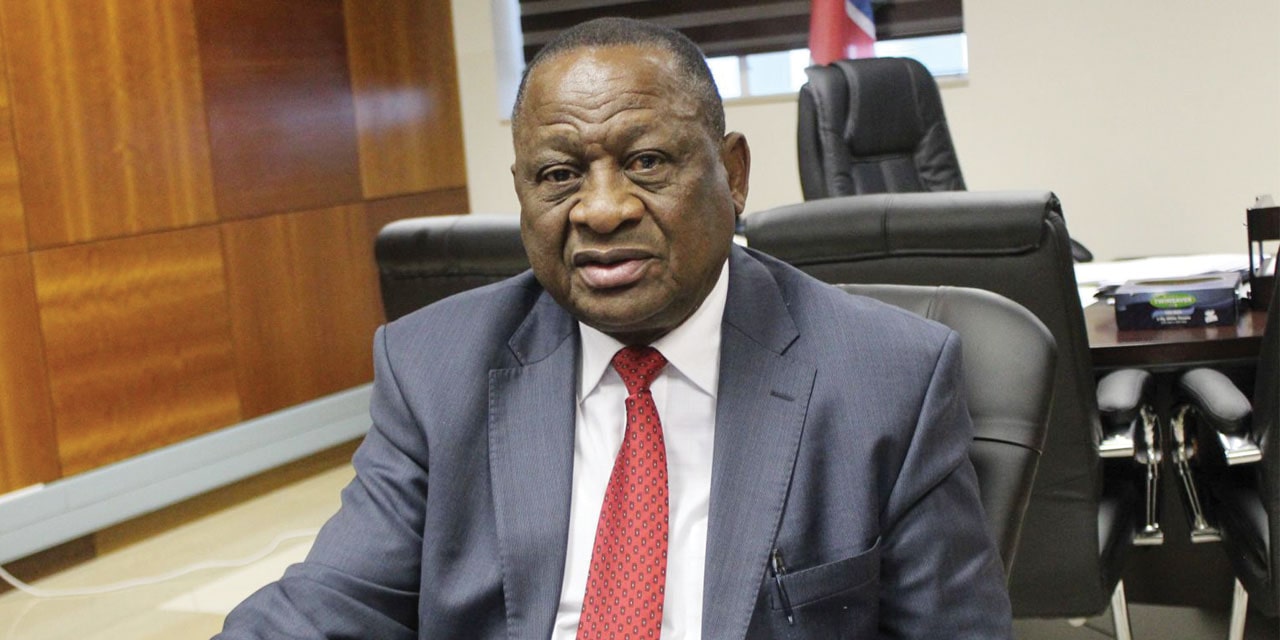Andrew Kathindi
Government now expects the AstraZeneca vaccine, which is being procured under the COVAX Facility, only in March.
This is a shift from a January communique with the COVAX Facility, which had informed Minister of Health and Social Services (MoHSS) , Kalumbi Shangula, that the vaccine should be expected in the country by the middle or end of this month.
“The COVAX Facility allocated doses of vaccines to Namibia are expected in March 2021,” stated Shangula.
The AstraZeneca vaccine, however, has been found to be ineffective against the new variant in South Africa. According to the Health minister, the ministry will only be able to ascertain whether the variant of COVID-19, which was discovered in South Africa, is in Namibia next week.
“Our scientists have collected and submitted samples for gene sequencing to determine whether the new variant, (B.1.351) originally detected in South Africa is present in Namibia, and if so, the extent of its prevalence,” said Shangula.
“According to the National Institute for Communicable Diseases of South Africa, the results of these tests will be available next week. This is very important as it will further inform our decisions on the acquisition and procurement of vaccines.”
Namibia’s acquisition of COVID-19 vaccines come as the Republic of India has pledged to donate 30 000 doses of the vaccine from the Serum Institute of India, in addition to the 100 000 doses of the Sinopharm vaccine, which the Republic of China had last week also pledged to donate.
“The total proposed budget for Namibia Deployment and Vaccination Plan for COVID-19 vaccines is N$583 068 783.84, of which N$484 800 000 is for actual procurement of the vaccines. This will enable Namibia to procure vaccines for additional 40 percent of the population to attain a 60 percent vaccination coverage,” said the Health minister.
The revelation of the vaccine rollout budget, comes as the health ministry has thus far exhausted its N$727 million COVID-19 budget received from treasury last May.
Meanwhile Namibia has maintained its regulations on the control of the spread of COVID-19 with minor changes. The curfew which starts at 22:00 , now ends at 04:00 instead of 05:00 as is currently the case.
Liquor may now be sold and purchased on Sundays and Public Holidays by guests booked in or staying at establishments such as hotels, guesthouses, Bed & Breakfast facilities and Casinos.
According to President Hage Geingob, Kavango East and West, Oshikoto and Oshana are fast becoming epicentres of COVID-19 in the country.
“Over the last 12 days we have observed a rising trend in infections, with the highest positivity rate recorded at Kavango East and West, Oshikoto and Oshana, fast becoming the epicenter in our fight against COVID-19,” said Geingob yesterday.
“Learners in schools and hostels have been the most affected, with a 40 percent infection rate. It is imperative that parental engagement is improved as a means of supporting schools, especially secondary and boarding schools in the fight against COVID-19.”
In the case of boarding schools, out-weekends are suspended in schools were cases of Covid-19 have been detected or are suspected.
This comes as Namibia has thus far recorded 37 976 cases of COVID-19 and 413 deaths. The current measures are set to run until March 31.




